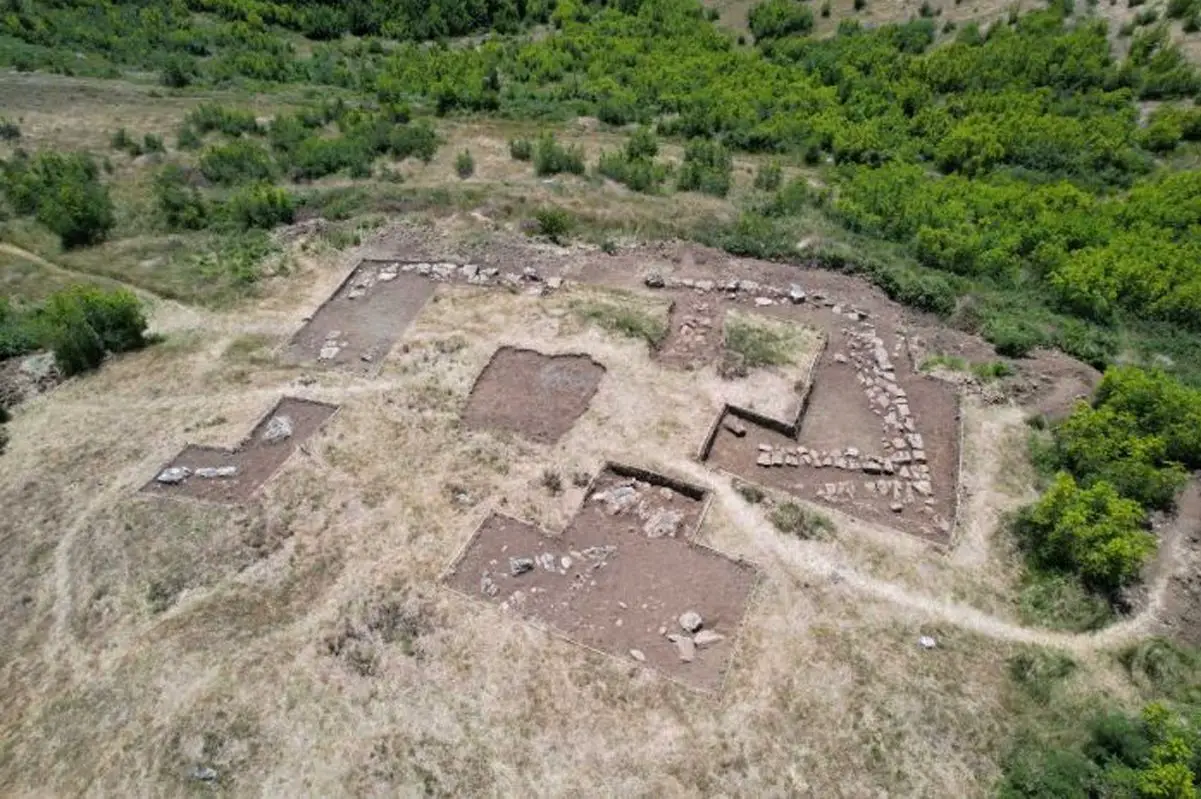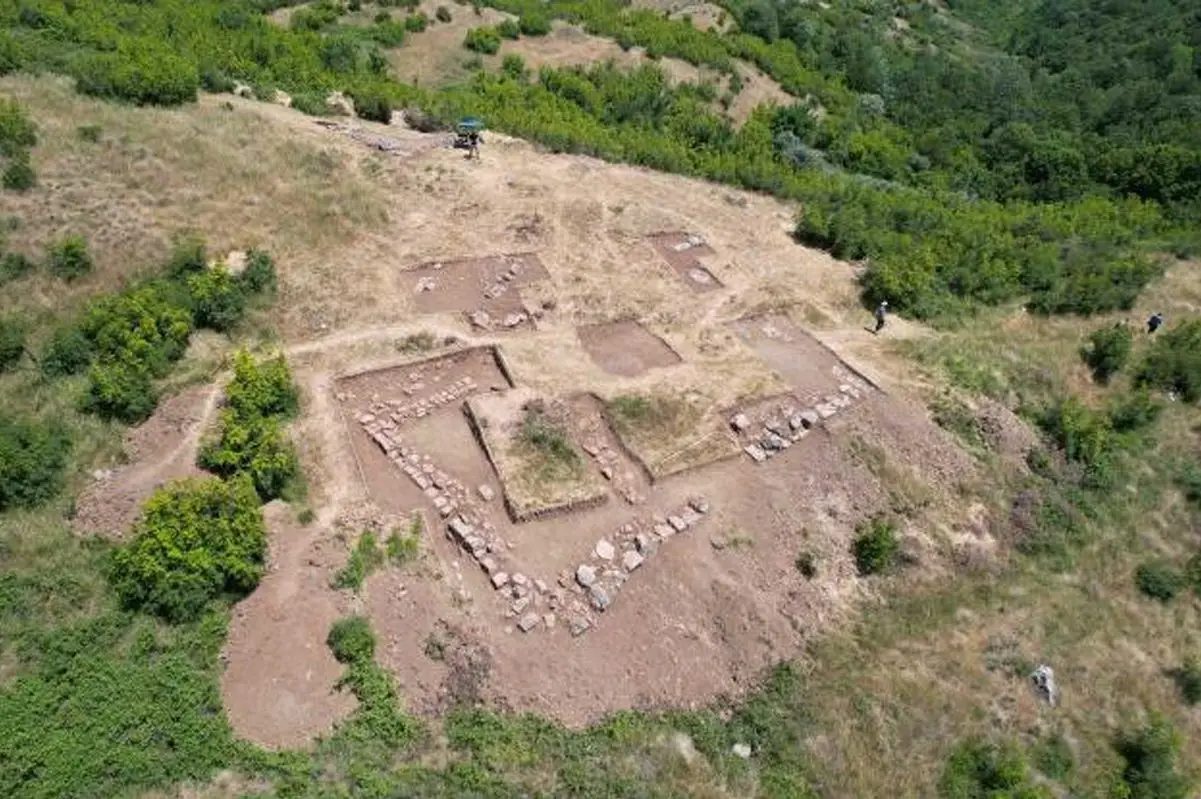Archaeologists have found an ancient city from the Hellenistic Period that may be the lost city of Bassania in Albania.
Bassania was an Illyrian city that came under Roman control during the Illyrian Wars. The location of Bassania has previously been suggested to be near the village of Pedhanë in the Lezhë County, or the village of Bushat in the Shkodër County. Bassania was described by the Roman historian Livius (59 BC – AD 17) in the context of the struggle of the Roman army with the last king of the Illyrians, Gentios.
The site was first discovered in 2018, when researchers from the University of Warsaw identified cyclopean defensive walls and two stone structures previously thought to be natural rock formations on a hill near Shkodra, revealed to be a gatehouse and two bastions.

The settlement is situated between two important ancient centres in the area of former Illyria (now Albania) – the Illyrian capital of Shkoder and the Greek city of Lissos.
As part of a new study by the South-Eastern Europe Research Centre of the University of Warsaw, the team applied geophysical surveys on the hill revealing a settlement that covers around 20 hectares. This led archaeologists to focus excavations of two large buildings, one measuring 240 metres2 and the other 70 metres2 that date from the Hellenistic Period.
Fragments of pottery within the buildings has established that the site was first inhabited from as early as 2,000 BC, whilst pieces of amphorae imported from Italy have been dated to the 3rd and 2nd century BC during the primary occupation level.
Prof. Piotr Dyczek reported in PAP that the structures show no evidence of a violent end by destruction or burning. Instead, the settlement was abandoned and fell to ruin due to natural erosion and robbing of stone through quarrying over the centuries for building material.
Header Image Credit : PAP





